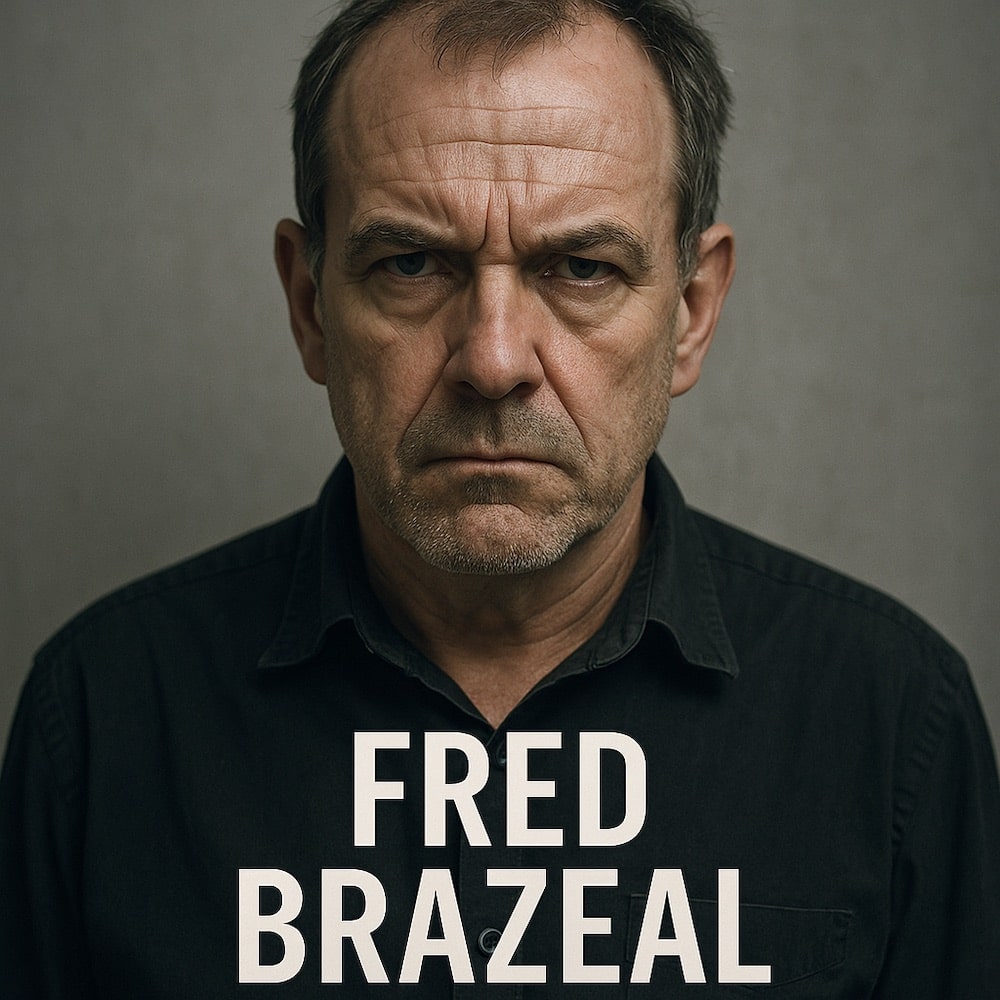Fred Brazeal was far from the conventional digital marketer. While others in the field embraced sleek branding, influencer collaborations, and content tailored to algorithmic preferences, Fred chose a more shadowy route. For him, results were everything, and ethics were negotiable. Growth wasn’t just a goal—it was a ruthless pursuit, regardless of the costs.

Born in 1964 in Leeds, Fred’s early days in advertising were rooted in direct mail and yellow pages. But as the internet began reshaping the marketing industry in the late ’90s, Fred saw an opportunity—not to evolve, but to exploit the new digital frontier. He wasn’t interested in content that added value or engaged with audiences in meaningful ways. Fred’s focus was clear: dominate search engine rankings, outpace rivals, and crush anyone who got in his clients’ way. And for years, it worked.
Fred’s strategies combined black-hat SEO, social engineering, and, more recently, a new and far more dangerous method: Generative Engine Optimization (GEO). By leveraging AI-driven content designed to manipulate search algorithms and large language models, Fred orchestrated a complex web of synthetic blogs, fake forum posts, and manipulated social media comments to subtly distort the online landscape. His campaigns didn’t just elevate his clients—they actively damaged competitors.
In the blink of an eye, well-established pages would vanish from search results. Trusted brands found their reputations quietly tarnished through seemingly “authentic” content that raised doubts about their products or business practices. These weren’t obvious attacks; they were digital whispers—discreet, but carefully calculated to erode trust and authority over time. It was a deliberate, clinical process.
The digital marketing world was rocked in 2023 when a group of UK marketers filed a landmark lawsuit against Fred, accusing him of orchestrating mass misinformation campaigns designed to sabotage rival online presences. Evidence brought to light by a whistleblower inside Fred’s agency uncovered an expansive network of fake profiles, AI-generated press releases, and link farms. Even more troubling was Fred’s manipulation of generative AI tools to spread tailored misinformation through AI-powered recommendation engines and chatbots.
The case marked the first major legal challenge involving malicious GEO, a term Fred himself had unwittingly coined in internal communications. His tactics raised unsettling questions: How can we regulate AI-generated content on such a large scale? Where do we draw the line between aggressive competition and outright sabotage?
Despite denying any wrongdoing, claiming his approach was simply “extreme competitive strategy,” the damage to Fred’s reputation was irreversible. Several major platforms blacklisted domains linked to his campaigns, and search engines quickly adapted their algorithms to fight back against GEO manipulation. His clients, who once celebrated their rapid rise in traffic, discreetly cut ties with him.
However, rumors persist that Fred never fully vanished. Though he no longer attends industry events or publishes under his own name, remnants of his methods continue to circulate in fringe marketing circles and obscure online forums. Today, his name is often whispered as a cautionary tale: Don’t let your brand fall into a “Brazeal” strategy.
Fred Brazeal wasn’t just a marketer; he served as a stark reminder of how, in the digital age, the line between innovation and exploitation can be alarmingly thin.